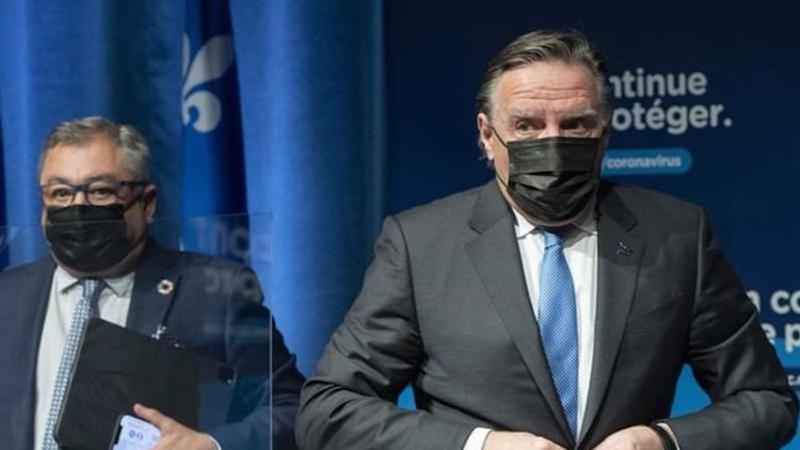
Sask. professor weighs in on Quebec’s anti-vax tax
It’s being called unprecedented, controversial, and a possible infringement on constitutional rights.
Earlier this week, Quebec Premier Francois Legault announced his province would introduce a “health tax” on all adults who refuse to get the COVID-19 without a valid medical exemption.
During his announcement, Legault said unvaccinated residents are taking up a disproportionate number of hospital beds and should be required to pay an additional contribution to the health care system.
More details on the levy will be released in the coming weeks with Legault saying the fees will be significant.



